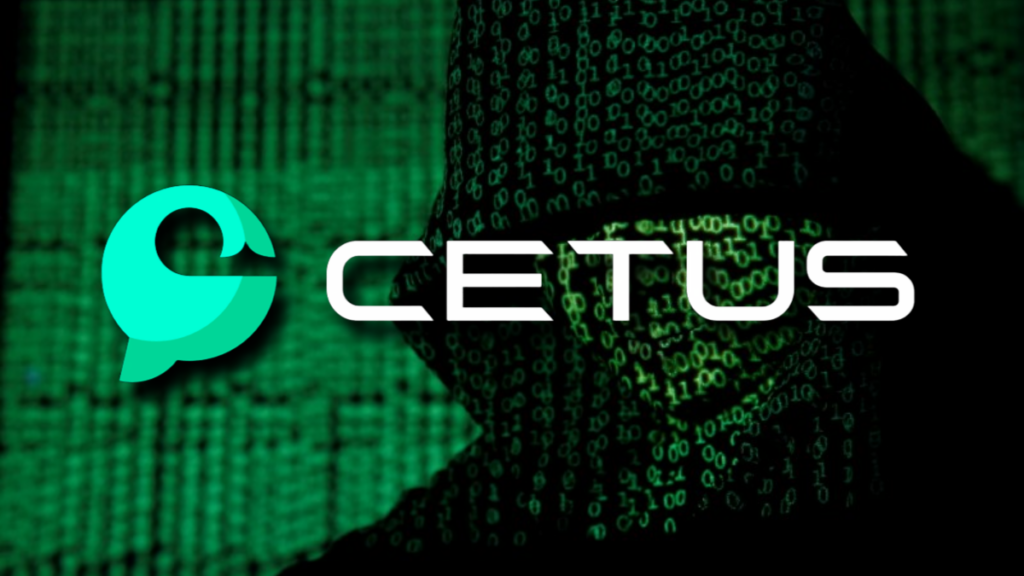CETUS DEX Returns After Major Exploit, Faces Mixed Reaction from Users
09.06.2025 20:00 1 min. read Alexander Stefanov
Decentralized exchange CETUS, operating on the Sui and Aptos networks, has reopened following a $162 million exploit that forced a month-long shutdown.
A $30 million loan from the Sui Foundation and partial fund recovery enabled the relaunch.
Trading has resumed, and CETUS launched a reimbursement program. Some users reported recovering most of their funds, while others pointed to missing balances and unresolved issues, sparking new complaints.
Fund recovery was partly achieved by freezing the hacker’s wallet via Sui validators—an action that sparked debate over the protocol’s decentralization, as critics questioned the influence of high-voting-power validators.
CETUS claims it has patched vulnerabilities, rebalanced pools, and started new audits ahead of its return. To support affected users, the team has allocated 15% of its total CETUS token supply, including unvested team tokens, for compensation.
Despite technical fixes, some users still report withdrawal problems. Yet, CETUS has already re-entered the top 10 DEX rankings by volume, though much of the activity likely stems from users reclaiming locked funds rather than renewed investor confidence.
-
1
Key Crypto Events to Watch in the Next Months
20.07.2025 22:00 2 min. read -
2
USA Imposes Tariffs on Multiple Countries: How the Crypto Market Could React
08.07.2025 8:30 2 min. read -
3
UAE Regulators Dismiss Toncoin Residency Rumors
07.07.2025 11:12 2 min. read -
4
Ripple Selects BNY Mellon as Custodian for RLUSD Stablecoin Reserves
09.07.2025 15:28 2 min. read -
5
Majority of U.S. Crypto Investors Back Trump’s Crypto Policy, Survey Finds
05.07.2025 18:09 2 min. read
Two Upcoming Decisions Could Shake Crypto Markets This Week
The final days of July could bring critical developments that reshape investor sentiment and influence the next leg of the crypto market’s trend.
Winklevoss Slams JPMorgan for Blocking Gemini’s Banking Access
Tyler Winklevoss, co-founder of crypto exchange Gemini, has accused JPMorgan of retaliating against the platform by freezing its effort to restore banking services.
Robert Kiyosaki Warns: ETFs Aren’t The Real Thing
Renowned author and financial educator Robert Kiyosaki has issued a word of caution to everyday investors relying too heavily on exchange-traded funds (ETFs).
Bitwise CIO: The Four-Year Crypto Cycle is Breaking Down
The classic four-year crypto market cycle—long driven by Bitcoin halvings and boom-bust investor behavior—is losing relevance, according to Bitwise CIO Matt Hougan.
-
1
Key Crypto Events to Watch in the Next Months
20.07.2025 22:00 2 min. read -
2
USA Imposes Tariffs on Multiple Countries: How the Crypto Market Could React
08.07.2025 8:30 2 min. read -
3
UAE Regulators Dismiss Toncoin Residency Rumors
07.07.2025 11:12 2 min. read -
4
Ripple Selects BNY Mellon as Custodian for RLUSD Stablecoin Reserves
09.07.2025 15:28 2 min. read -
5
Majority of U.S. Crypto Investors Back Trump’s Crypto Policy, Survey Finds
05.07.2025 18:09 2 min. read


